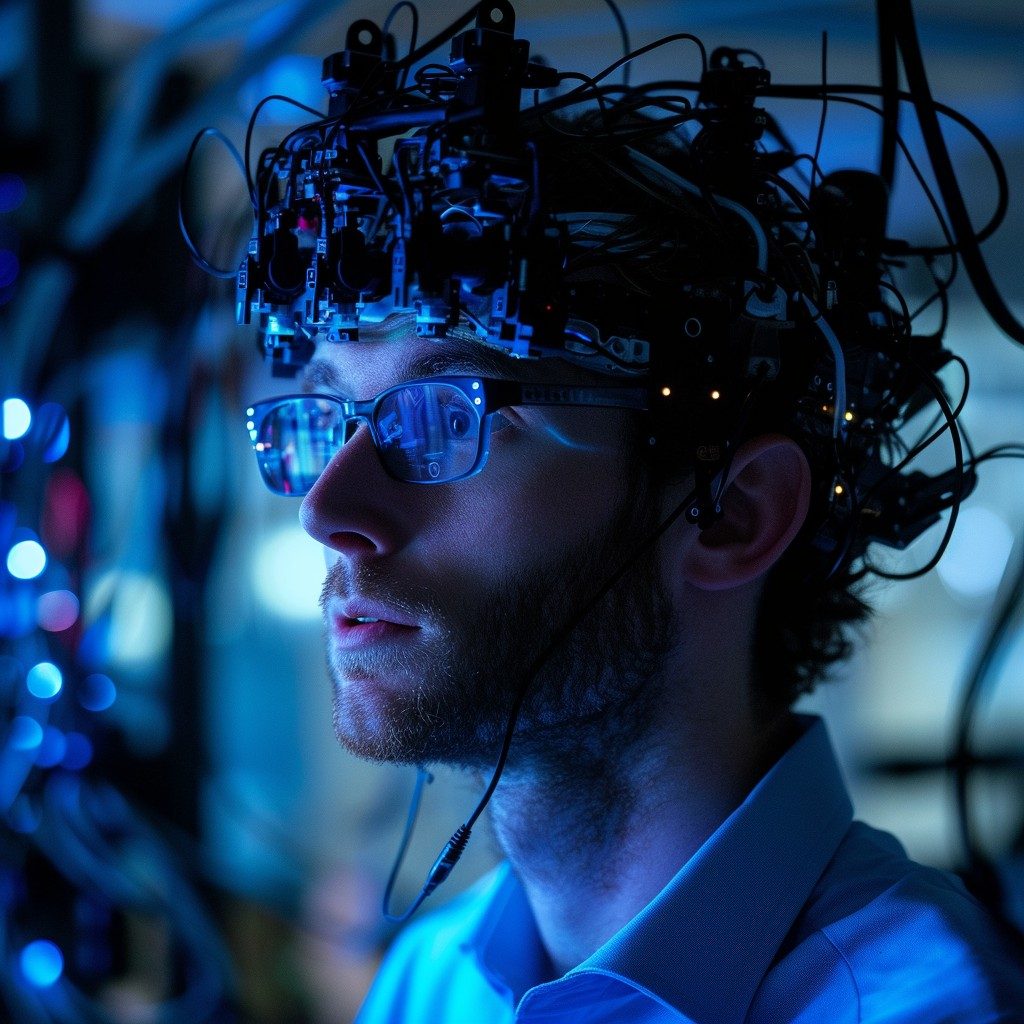OpenAI’s CEO, Sam Altman, has recently become the face of the AI revolution, particularly with the launch of ChatGPT, a generative AI tool. This technology has transformed various sectors, from drafting emails to assisting in surgeries and vaccine development. However, with its rapid growth, concerns about its potential risks have also escalated.
AI’s impact on the job market
Goldman Sachs estimates suggest that generative AI could automate up to 300 million full-time jobs globally. The World Economic Forum also predicts the loss of 14 million jobs in the next five years due to AI advancements.
Altman’s concerns and testimony
Altman’s recent appearance before a Senate subcommittee emphasized the need for regulations to harness AI’s potential while ensuring it doesn’t overpower humanity. He expressed concerns about AI’s potential misuse, especially in manipulating voters and spreading disinformation.
A call for global priority
Following the Senate hearing, Altman, along with other AI experts and leaders, signed a letter emphasizing the importance of mitigating AI-related extinction risks. This move drew significant media attention, highlighting the dual narrative of tech giants: promoting AI while also warning of its potential dangers.
Altman’s stance on AI’s future
Known for his vast connections in Silicon Valley, Altman has always been an advocate for responsible AI development. He has engaged with top political figures, emphasizing ethical AI practices. While some, like Elon Musk, call for a pause in AI development due to its profound risks, Altman believes that increasing safety measures is essential, but halting progress isn’t the solution.
OpenAI’s ambitious plans
Despite the concerns, OpenAI continues to push boundaries. Recent reports suggest a collaboration between OpenAI and iPhone designer Jony Ive, aiming to raise $1 billion from SoftBank for an AI device envisioned to replace smartphones.
Balancing progress and precaution
Altman’s preparedness for potential AI disasters is evident from his personal survival preparations. However, some experts argue that the focus on distant apocalyptic AI scenarios might divert attention from immediate challenges, like biases in training data and unjust application by humans.
Regulatory measures on the horizon
President Biden’s recent executive order mandates AI developers to share safety test results with the federal government for systems posing significant risks. This move is seen as a step towards ensuring AI’s responsible growth.
The debate continues
Post the Senate hearing, some experts question the relentless pursuit of AI, even with regulations in place. They argue that if AI’s potential risks are so high, perhaps it’s best to halt its development. Drawing parallels with the atomic bomb’s development during the Manhattan Project, tech historian Margaret O’Mara emphasizes the need for diverse perspectives in AI policymaking.
The hope for responsible AI
Many in the tech industry view Altman as the beacon of hope, similar to Gates and Jobs during the personal computing era. The expectation is that with leaders like Altman at the helm, AI can be both revolutionary and safe.
While Sam Altman remains a pivotal figure in the AI landscape, the responsibility of harnessing AI’s potential without compromising safety is a collective one. The world watches closely as AI’s journey unfolds.





